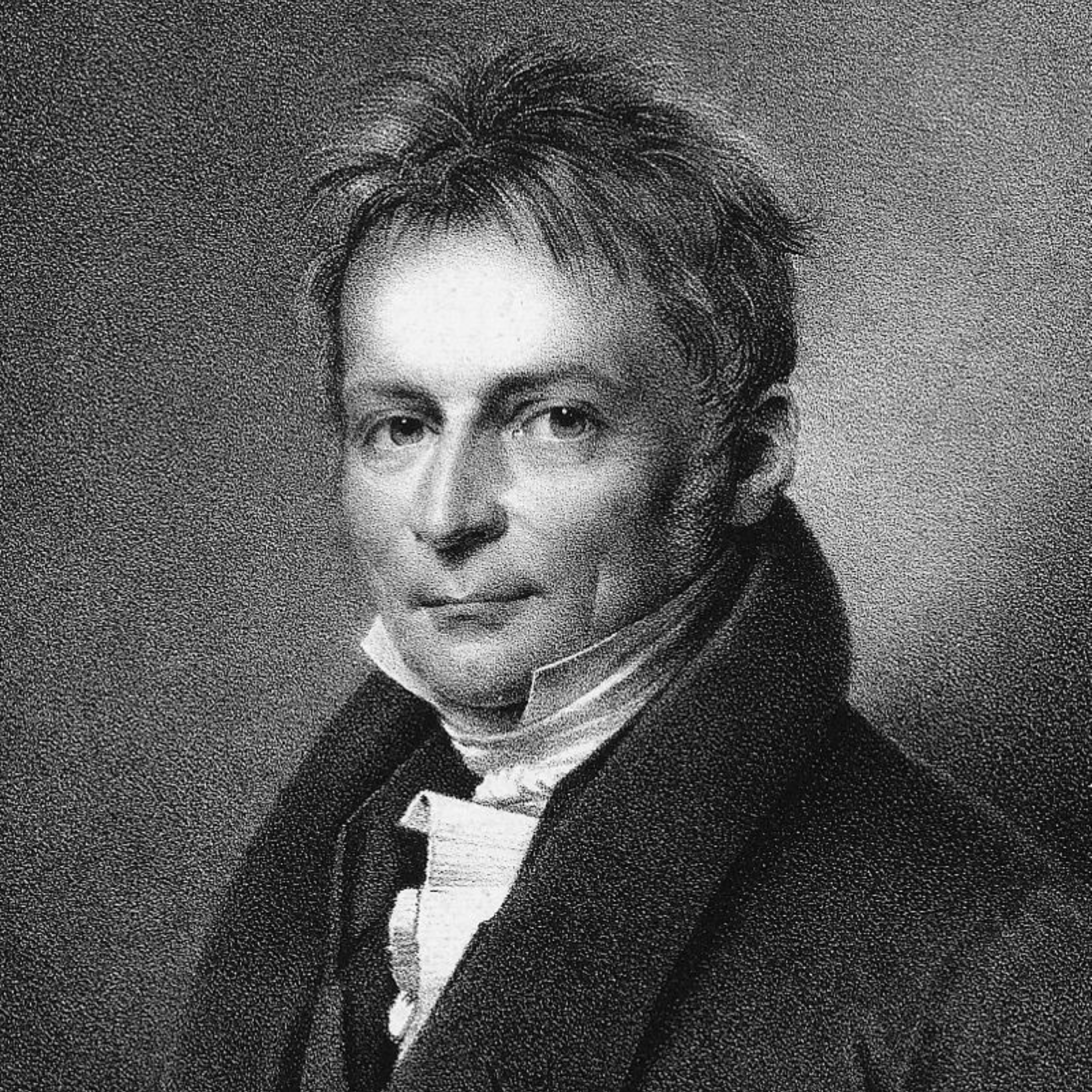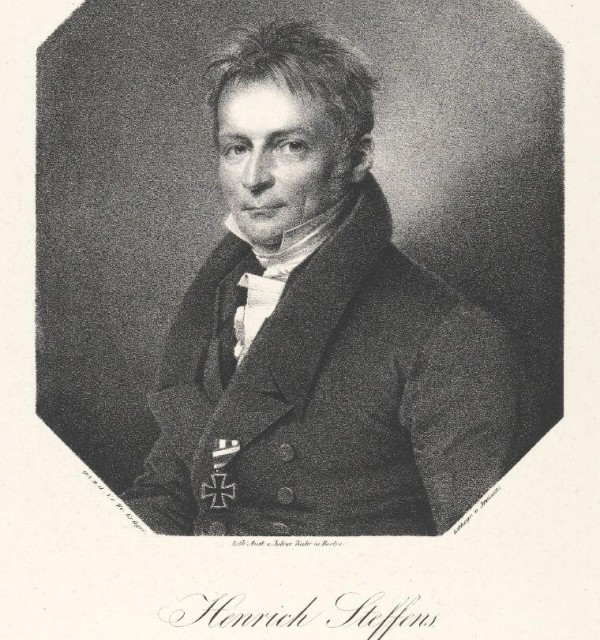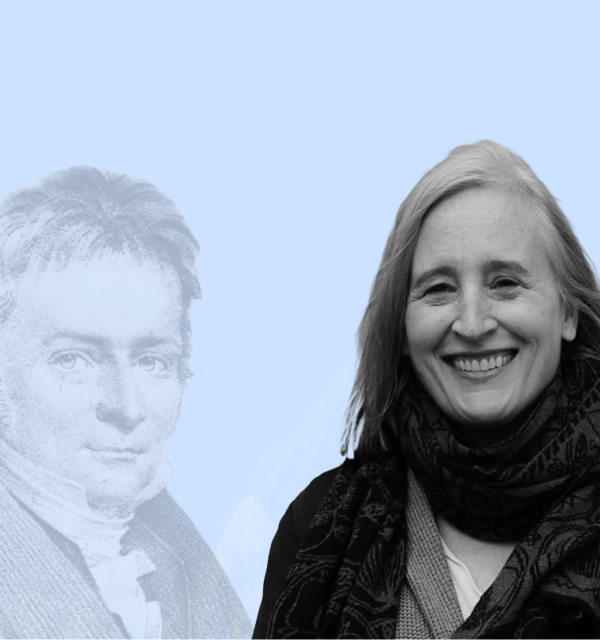Philosopher, scientist and writer Henrik Steffens was born in Stavanger in 1773 and became a central figure in European cultural and intellectual history. He engaged himself in debates and argued for universities to take an active part in the public discourse.
Steffens lived in a time of great upheaval, which is also reflected in his biography. Born in Norway he moved to Denmark at the age of 14, and later to Germany. He was an active scientist, philosopher, and writer, he engaged himself in the debates of his time, and he took part in the war against Napoleon.

At first, it was the emerging natural sciences that fascinated him, and he is rightly called the first Norwegian geologist. He then became interested in philosophy and studied the natural philosophy of Friedrich Schilling.
Having around 1800 come into contact with early German romanticism, those views would define his vision of Nature and the natural sciences. This resulted in a holistic attempt at reconciling science, art, and religion into a greater whole: the World as one unified organism.
Steffens was also known for his public lectures, which were popular in his time and drew large crowds. Here he shared his holistic point of view. His lectures were often delivered in a dramatic and engaging manner. His cousin, N.F.S. Grundtvig, referred to him as the “lightning-man” who would come to trigger the emergence of romanticism in the Nordic countries.
Steffens became the inspirational centre for a new generation, and this brought him into conflict with the authorities who feared the revolutionary spark that might lead the young astray. Therefore the path to a professorship in Denmark was closed to him, and he eventually became a professor in Germany. There he argued on a number of occasions for Universities to take an active part in the public discourse.

